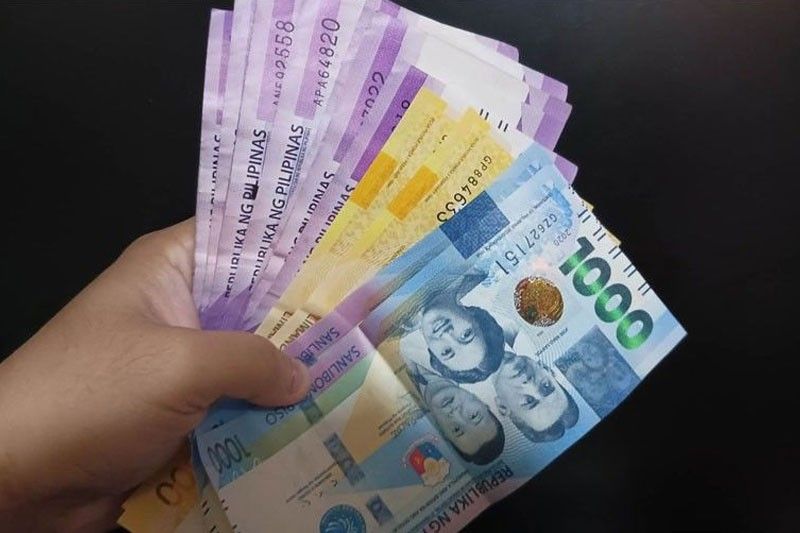Budget gap eases to P271 billion in Q1

MANILA, Philippines — The country’s budget shortfall eased in the first quarter after government receipts picked up while state spending declined largely due to lower interest payments during the period.
Data from the Bureau of the Treasury showed that the budget deficit went down by 14.51 percent to P270.9 billion from January to March compared to last year’s P316.8 billion.
This developed even as the budget gap in March expanded by 12 percent to P210.3 billion from P187.7 billion a year ago.
Rizal Commercial Banking Corp. chief economist Michael Ricafort said the lower budget deficit in the first quarter was due to the combination of improved tax revenue collections amid economic reopening and the reduction in government expenditures.
Ricafort said the government has moved toward more disciplined spending and cost savings, as well as measures to rightsize the bureaucracy to slash the budget balance.
Looking at the months ahead, Ricafort said the administration could see the trend of easing the budget deficit continue or even post another surplus following the tax season last month.
“But this could be offset by the effects of the lower individual income tax rates for most income brackets since 2023 under the TRAIN Law that could still reduce government’s tax collections,” Ricafort said.
“On one hand, it could also be made up by a high tax base due to the resulting increased business and other economic activities due to higher take home pay,” he said.
Data showed that total revenue collection in March slipped by 12 percent to P258.7 billion from P293.9 billion in the same period last year as both tax and non-tax revenues declined.
The bulk or 86 percent of the revenues were from tax collections at P221.8 billion, down nine percent. Non-tax collections also dipped by 26 percent to P36.9 billion in March.
The Bureau of Internal Revenue’s haul dropped by 17 percent to P141 billion while the Bureau of Customs saw its collection increase by 13.5 percent to P803 billion from P70.8 billion year-on-year.
The Treasury said the slower outturn for the BIR was due in part to the impact of the transitory provisions of the reduction of individual income tax rates as part of the previous administration’s tax reform package.
Further, income generated by the Treasury plummeted by 55 percent to P14.9 billion due to the high base effect of dividend remittances last year.
Collection from other offices, including privatization proceeds and fees and charges for March, rose by 32 percent to P22 billion mainly due to the remittance of the unutilized balance from the unconditional cash transfer program.
From January to March, the cumulative revenue collections picked up by 4.38 percent to P818.7 billion, with both tax and non-tax revenues posting growth.
On the other hand, government spending in March went down 2.62 percent to P468.9 billion.
Primary expenditures at P408 billion accounted for 87 percent of the total spending, also down by four percent.
The Treasury explained that spending for the month was dampened by the decline of the national tax allotment (NTA) shares of local government units due to lower national tax collections in 2020, which was the base year for the determination of the 2023 shares.
The lower expenditure was also due to the timing of significant releases for some programs, such as the Department of Transportation’s Public Utility Vehicle Service Contracting Program and Fuel Subsidy Program.
Apart from primary expenditures, the government increased its interest payments by almost 10 percent to P60.9 billion.
- Latest
- Trending





























